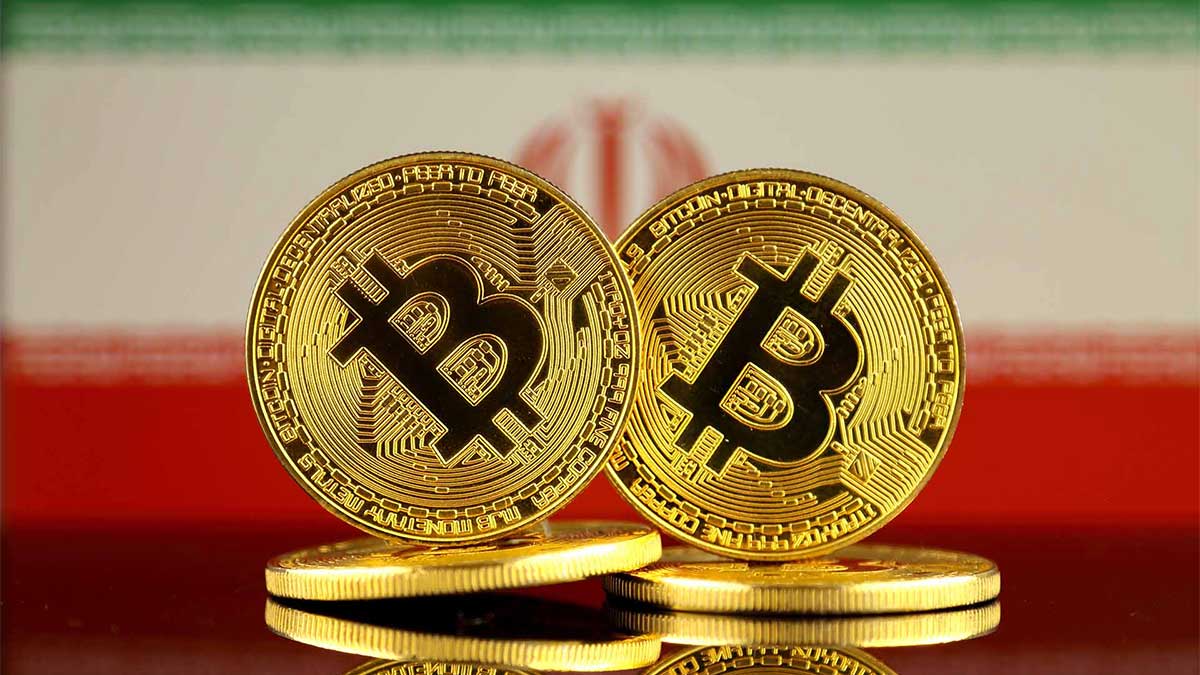The use of cryptocurrency might solve challenges connected to international sanctions imposed on the Islamic republic of Iran.
Gholamreza Marhaba, a spokesman for Iran’s parliament’s economic panel, indicated late Wednesday that “we cannot stay indifferent to the phenomena” of cryptocurrencies.
According to the official ISNA news agency, he stated that “the movement of money through cryptocurrency could be a tool to avoid sanctions and ease their effects” on the economy.
Read more: Turkey seeks arrest of cryptocurrency boss over huge fraud, detains
He was speaking while the Iranian parliament debated a study on the size of the cryptocurrency market and how to best utilize the technology.
According to the research, some 700 bitcoins are traded every day in Iran.
Similarly, according to the analysis, Iran mines 19,500 bitcoins every year, compared to 324,000 globally.
“Good cryptocurrency management could open up prospects for (Iran’s) economy,” Marhaba remarked.
In September 2018, Iran became one of the first countries in the world to legalize bitcoin and other cryptocurrencies mining.
After national power outages in May, then-President Hassan Rouhani declared a four-month moratorium on all bitcoin mining due to increased energy consumption in bitcoin mining due to power cuts.
Mining bitcoin and other cryptocurrencies for profit necessitates a massive number of computers dedicated to solving purposefully difficult equations – an endeavour that consumes more electricity globally than entire countries.
Unlicensed bitcoin miners are frequently criticized by Iranian officials for consuming large quantities of electricity.
According to Michel Rauchs, a cryptocurrency consultant and specialist, Iran accounts for around 5% to 10% of global bitcoin mining.





















